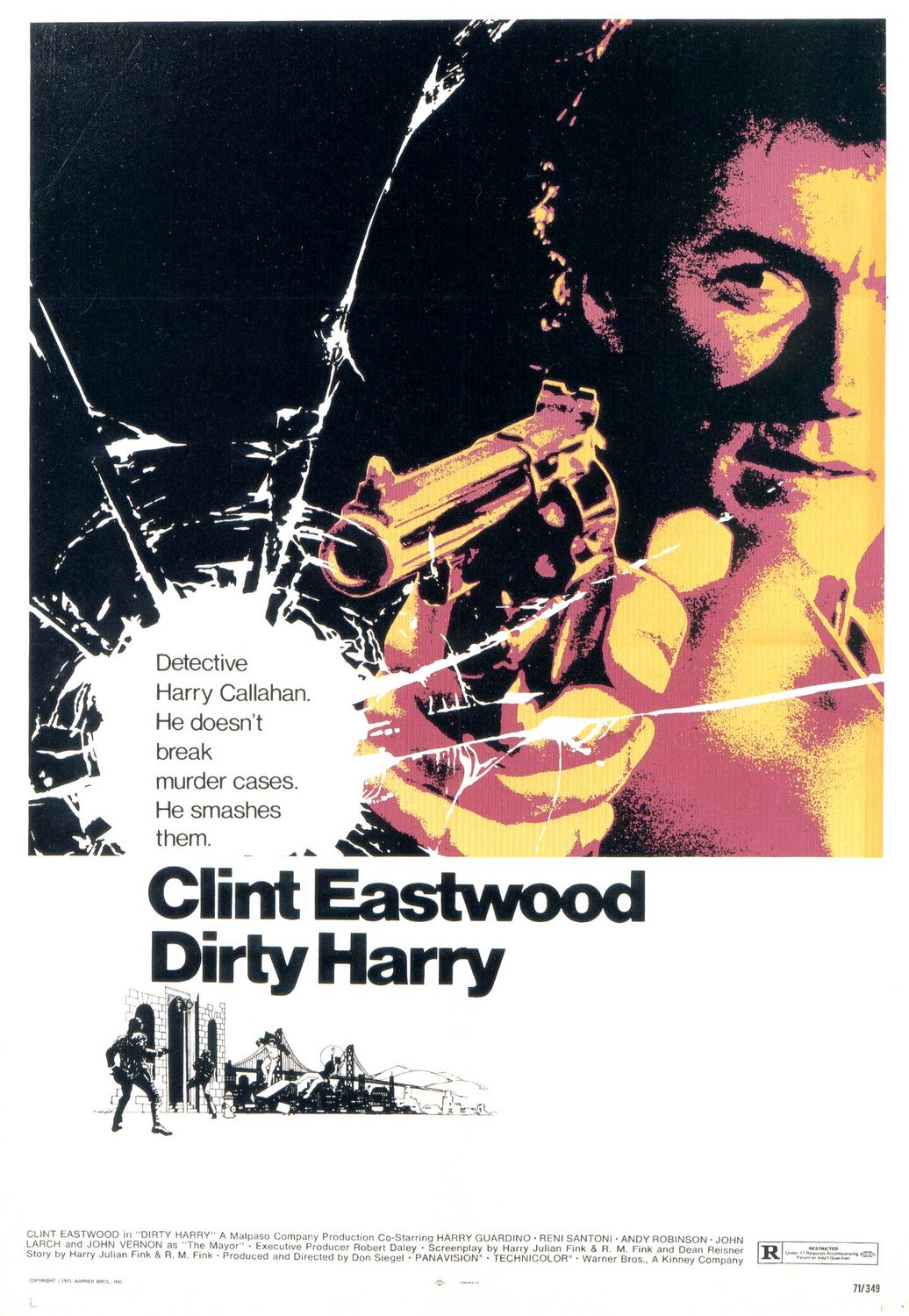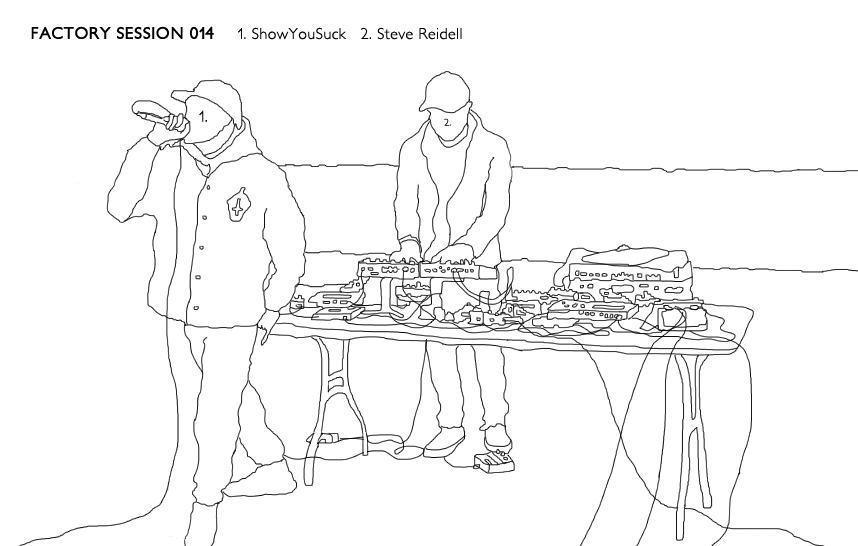We're seeking new members for our 2025 Board of Directors, as well as our founding Associate Board for young professionals 35 and under. Details and application at each of the links above.
The CHIRP Blog
Kevin Fullam writesThe Fourth Wall: Urban Dystopia in the Movies
[Welcome to The Fourth Wall, CHIRP's weekly e-conversation on cinema. This week, the discussion is about the theme of urban dystopia as portrayed in American movies. . This edition is written by CHIRP Radio volunteers Kevin Fullam and Clarence Ewing.]
 Kevin: "Abandon all hope, ye who enter here..." might as well have been posted at the entrances of America's big cities during the 1970s. Crime skyrocketed in metropolitan areas across the country during this era, and rampant arson famously turned New York City's Bronx into such a war zone that it even warranted an impromptu visit from President Jimmy Carter near the end of the decade. And of course, Hollywood capitalized on these fears by putting its own spin on the story of urban blight*. Who were we afraid of? And who would protect us?
Kevin: "Abandon all hope, ye who enter here..." might as well have been posted at the entrances of America's big cities during the 1970s. Crime skyrocketed in metropolitan areas across the country during this era, and rampant arson famously turned New York City's Bronx into such a war zone that it even warranted an impromptu visit from President Jimmy Carter near the end of the decade. And of course, Hollywood capitalized on these fears by putting its own spin on the story of urban blight*. Who were we afraid of? And who would protect us?
[Even without the threat of bodily harm, 1970s cinema does not paint New York City in a flattering light. The French Connection, Mean Streets, Taxi Driver... these films weren't exactly commissioned by the city's tourism bureau.]
In 1970, the Clint Eastwood classic Dirty Harry introduced a cop (Eastwood's Harry Callahan) who was battling his own administration as much as the crooks on the street; those pesky rules and regulations were interfering with his ability to deliver frontier-style justice. By the time that Death Wish appeared four years later, the police had become virtually impotent and had seemingly surrendered the streets to gangs.
In Death Wish, liberal Paul Kersey (played by Charles Bronson in a career-redefining role) becomes a hardened, gun-toting vigilante after his family is brutally attacked by street thugs. Critics were horrified for what they saw as a promotion of antisocial behavior, but audiences ate it up... though unfortunately, that meant a long line of sequels which grew more bizarre with each iteration.
[Death Wish 3 is firmly in the "So Bad It's Good" camp -- even just the trailer is pure absurdist comedy. And for more madcap humor, check out the trailer for the cult film Class of 1984, about out-of-control high-schoolers. The "school beset by wild youth" theme has been a popular subgenre here -- stretching back from Blackboard Jungle in 1955 to Lean On Me, Dangerous Minds, and The Substitute in the '80s and '90s.]
With no abatement in sight by the end of the '70s, what did people envision coming down the pipe in the future? Enter John Carpenter's Escape From New York, where the America of the future decides to cede Manhattan entirely to criminals, and walls off the borough like a leper colony. The President's plane gets hijacked, crash-lands inside the prison, and it's up to one renegade (Kurt Russell's Snake Plissken) to get him out. Fantastic premise, though the finished product will probably come off as a bit sluggish and more than a little dated today. (Clarence, I know we disagree on this!) Nevertheless, it was a brilliant reflection of the zeitgeist of the time. What do we do about crime?
SKaiser writes@CHIRPRADIO (Week of May 15)
UPCOMING EVENTS
- Friday May 19 | 8:00 PM Join CHIRP Radio and welcome Meat Puppets, Mike Watt + The Tom & Terry Show, and Porcupine to Lincoln Hall (2424 N Lincoln Ave) on Friday, May 19!
- Sunday May 21 | 6:00 PM Take a dip in the immersive collective music pool that is Classic Album Sundays. This week we celebrate the 20th anniversary of Radiohead's OK Computer! co-sponsored by CHIRP Radio and Saturday Music Exchange (1021 W Belmont Ave)
NEW MEDIA
- CHIRP Factory Session: Air Credits!
- Local hip hop artist, actor and poet Mykele Deville stopped by the CHIRP studios to talk with Amanda Dabandons about local influenc on his work and art
- Local artist Jash Huggins (formerly of Evasive Backflip) recently chatted with CHIRP volunteer and DJ Amelia Hruby about the project and the status of marginalized communities in Chicago's music scene.
- CHIRP Radio volunteer Lee Gomez recently sat down with Caro Tunghe of Oathbreaker at the Metro
TOP OF THE CHIRP CHARTS
1. Perfume Genius – No Shape (Matador)
2. Brother Ali – All the Beauty in This Whole Life (Rhymesayers Entertainment)
3. Tomorrow's People – Open Soul (Melodies International)
CHIRP DJ writesCHIRP Factory Session: Air Credits
Our special guest for FACT014 is Chicago's Air Credits! The duo made up of ShowYouSuck and STV SLV of The Hood Internet joined us in our factory studio building to record this exclusive live session, featuring brand new, never recorded material! This session was recorded on location at CHIRP studios by Mike Lust of Manor Mobile Recording. Video of the full session was captured & edited by Big Foot Media.
1. Flowers
2. Safe Room
Air Credits>>
Big Foot Media>>
Manor Mobile Recording>>
CHIRP Radio>>

Lady Amelia writesInterview: The Trans Lib Comp (Release Party This Saturday!)
Local artist Jash Huggins (formerly of Evasive Backflip) has spent the last few months compiling music from local artists who identify as trans, non-binary (nb) or gender non-conforming (gnc). This week that effort will be released as the Trans Lib Comp. They recently chatted with CHIRP volunteer and DJ Amelia Hruby about the project and the status of marginalized communities in Chicago's music scene.
Amelia: Can you tell us a little bit about the project as whole?
Jash: The Trans Lib Comp is a collection songs by trans/gnc/nb musicians. All artist are based in, or from, the Chicago area. I'm dubbing a run of 30 cassettes, and throwing a release show with artists appearing on the tape at a local diy spot. All proceeds from the tape, and the show are going to the Trans Liberation Collective. TLC is a local group that organized a very large demonstration earlier this year. They also have free self defense classes and continue to organize. You can reach them at their fb page here: /TransLiberationCollective/
Clarence Ewing: The Million Year Trip writes@CHIRPRadio (Week of May 8)
Upcoming Events
- Wednesday May 8: The next edition of CHIRP Factory Sessions goes live with a performance from Chicago group Air Credits. Don’t miss the premiere of this original performance at 10:00am Central Time!
- Thursday May 11: CHIRP Radio Family Fundraiser at the Logan Square Panera
- Thursday May 11: The CHIRP Radio Book Club meets at Transistor to discuss The Rest Is Noise: Listening to the Twentieth Century by Alex Ross
New Media
- Amanda Dabandons interviews local Hip Hop artist, actor and poet Mykele Deville
- Amanda Dabandons also interviews Crown Larks
- Shawna Kaiser posts pictures of Chicago’s Uptown neighborhood then and now.
- Joshua Abrams & Natural Information Society are In Rotation
- Kevin Fullam and Clarence Ewing discuss the movie The Lost City of Z and the nature of exploration in film